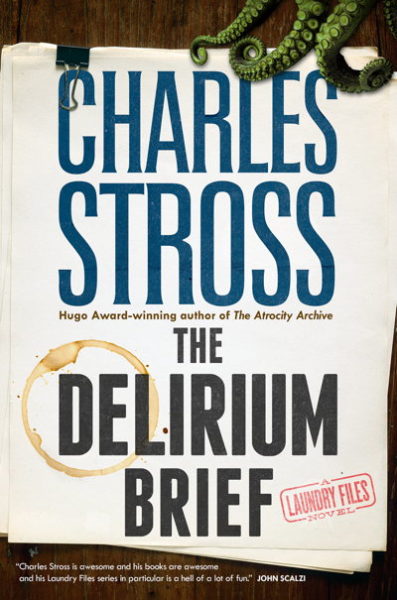Chris Selley surveys the competition for federal Conservative leader:
Kellie Leitch has won the most headlines thus far, thanks to her store-bought populist appeal to suspicions about immigrants’ values and grievances with the political establishment. Campaign manager Nick Kouvalis is playing the media like a fiddle: at every mention of screening immigrants for “Canadian values” we squeal and writhe with high-toned outrage, incredulity and mockery. Kouvalis simply collates it, presents to the considerable majority of Canadians who think it’s a perfectly reasonable idea, and asks if they would support both the policy itself and the policy sticking in the craw of these jumped-up “elites.” The answer in many cases seems to be yes.
At the grownups’ table, however, a proper battle for the sanity and the soul of the Conservative Party of Canada has taken shape. Michael Chong reminds party supporters that a fiscally conservative party that claims to want to fight climate change should support market-based tools to get the job done — the simpler the tool (i.e., a carbon tax), the better. As leader, Chong could credibly hold a Liberal government to account for its less-than-pure commitment to carbon pricing and its inevitable failure to meet emissions targets.
Maxime Bernier reminds Conservatives that in 10 years, the party did almost nothing about Canada’s insane supply management systems. There is a constituency that believes a free market in dairy would of necessity pump our children full of bovine antibiotics, hormones and steroids. There is a much larger constituency that trusts Canada’s food safety system and would prefer cheaper groceries. If a conservative party can’t sell free markets when the upside is cheaper groceries and the downside is inconvenienced millionaire quota owners, it should close shop.
Bernier planted himself even more squarely in the Canadian policy mainstream with his recent proposal to reform the CBC as an ad-free broadcaster focused on “what only it can do” in a modern media market: he suggested more local programming, documentaries and foreign correspondents, “more programs about science, history, or religion.” He proposed a funding model like NPR and PBS, which rely heavily on private and corporate donations.
For the record, I don’t think carbon taxes are the way to go, as experience should tell us that governments rarely if ever bring in “revenue neutral” tax changes, and the carbon tax would end up being added to existing tax tools, rather than replacing them. I’m also on the record as being a fan of Mad Max for PM (although I’m not a Conservative, he’s the most libertarian mainstream politician since Laurier).






